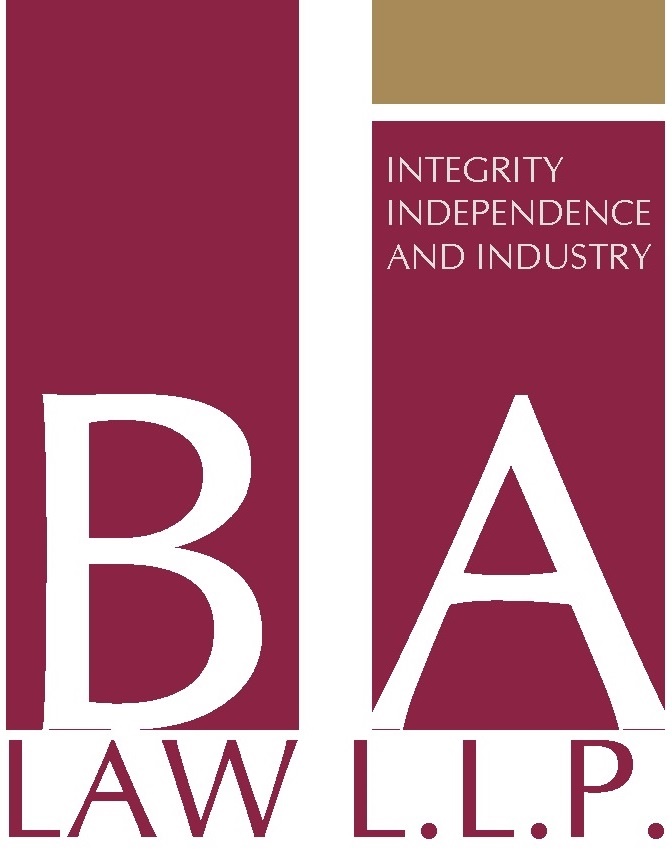[vc_row][vc_column][vc_single_image image=”1018″ img_size=”full” alignment=”center”][vc_column_text]The Court of Appeal in a Notice signed by its Acting President, Hon. Justice Monica B. Dongban-Mensem and made available to The Nigeria Lawyer (TNL) said this was “In furtherance of Earlier Notices for the enforcement of the directive issued by the Honourable Chief Justice of Nigeria, Hon. Dr. Justice I. T. Muhammad, CFR, which is in tandem with the COVID-19 Regulations 2020, made pursuant to Quarantine Act 2004 by the President of the Federal Republic of Nigeria, President Muhammadu Buhari GCFR, we shall continuously review, and if need be issue new practice guidelines.”
The Court, therefore, listed the following guidelines for quicker dispensation of justice while still ensuring our safety:
2. To reduce the time spent in argument in court, learned Counsel are hereby encouraged to use their letterhead paper and clearly identify all relevant details such as:
a. Their names Clearly stating which party they are appearing for
b. Designation — Attorney General of the Federation, State Counsel, Senior Advocate, etc
c. Briefs – Clearly stating when the briefs are filed, what date with Appellant(s), Respondent(s) (where multiple parties) – each must be properly identified.
d. Processes:-
i. Respondent’s Notice – shall be properly identified by date of filling and date of the process.
ii. Preliminary Objection (if any).
e. Suit Number/Appeal No. — to be clearly stated.
f. Name of Party.
g. Date of Judgment and Court – example: Judgment of the Federal Capital Territory (FC) High Court Holden at Kado, or Judgment of the Kogi High Court Holden at Lokoja, or Judgment of the Federal High Court Holden at Ondo Town. Judgment of Federal High Court, State High Court, Industrial Court, etc indicating place of the Court.
h. Date Appeal was filed.
i. Date Records were transmitted (if any as stamped by the Court of Appeal Registry).
j. Reply Brief (if any).
k. Cross-Appeal/Cross Respondent.
l. Date of service – that is date on which process was received by the other party.
3. All these details shall be submitted electronically to the office of the Chief Registrar for onward transmission and copies must be sent to the respective DCRs.
4. The use of electronic channels of communication reduces the amount of talking and time expended over a matter in court.
5. As we do know, the court is an enclosed place so much talk with its characteristic spewing of saliva predisposes both court workers and the public to health hazards especially in this time of menacing Covid-19 pandemic.
6. When learned Counsel are served motions which they have No Objection to, they should simply send their No Objection Notice to the Court. (See Court of Appeal Rule 2016).
7. Where learned Counsel are far away and unable to attend Court, they should ask their local representatives to stand in for them.
For the Tribunals
8. In the case of tribunals where witnesses are taken, persons who are not witnesses before the court shall not be admitted.
9. The Chairman and members of the tribunal shall determine the number of people allowable in court at any particular sitting but should not be more than 20 people, depending on the size of the court hall.
10. All learned Counsel are advised to put into maximum use the Court of Appeal Facebook page – Court of Appeal Abuja, Nigeria
11. Please all messages placed on the Facebook page must also be posted/sent/shared via social media for prompt attention.
12. Let’s remember to observe the protocols on Covid-19 like constant washing of hands and use of disinfectants.
Source:
[/vc_column_text][/vc_column][/vc_row]

